Tools for Talking with Parents
Why is my child playing with blocks in school? And Other Questions Parents Ask
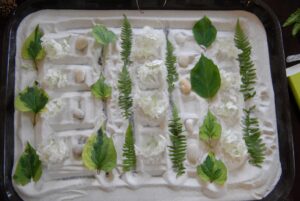
Using Natural Materials Enhances Learning in the Classroom
The way a classroom is set up- its colors, displays, materials- plays an oversized role in the lives of young children as they spend time exploring and making discoveries about themselves and the objects around them. The following are some ways that natural materials maximize learning with young children.
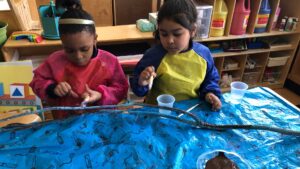
What Is Process Art and Why Is It Important?
Remember back to elementary school art class where the art teacher held up a painting or clay sculpture? Many of our five or six year-old selves could not have imagined that we could create a piece as perfect as that example. We lacked the skills to copy anything a grown-up artist could create, but definitely benefited from the process of making art–and so can your children!
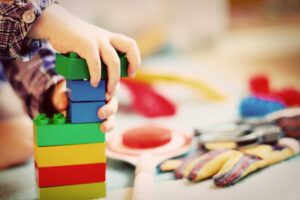
Block building Incorporates Science, Math and All STEAM Disciplines
Block building incorporates learning in all areas of a child’s development – science, math, literacy, social studies, motor and social-emotional growth. In this piece, we’re going to focus on math and science, two important elements of STEM learning.
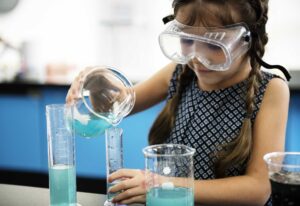
Water Play in Early Childhood
Children of all ages love to play in water–and there is so much to be gained from this fun, from fine motor skills and sensory exploration to developing language, science and math concepts.
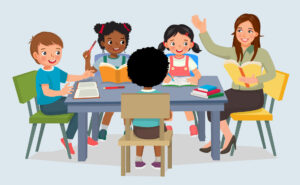
Reading Aloud in Upper Elementary & Middle School Classrooms
Fifth-grade teacher Maura Hudson talks about the joys and benefits of reading aloud for her students.
Home to School Transitions for Young Learners
A Mental Health Checklist for Pre-K and Kindergarten Teachers with with Deborah B. Vilas, MS, CCLS, LMSW. Deborah is an educational consultant and the Faculty Advisor & Instructor at Bank Street College of Education.